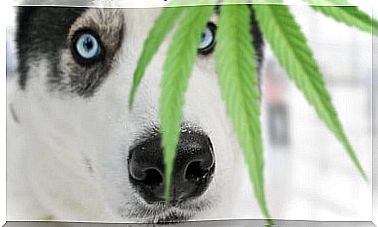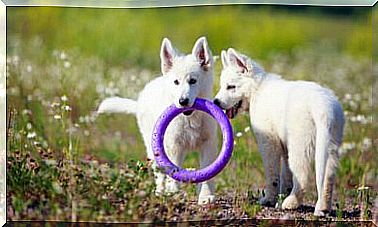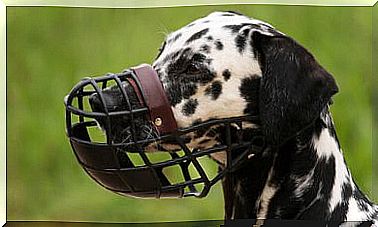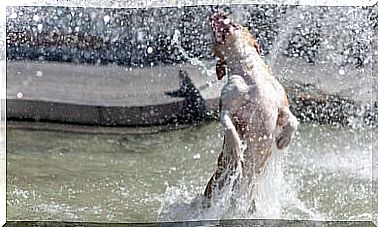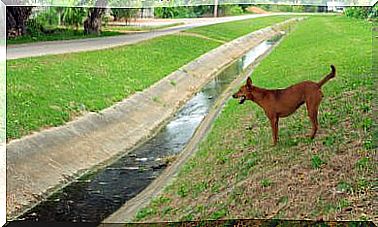What Are The Causes Of Salmonellosis In Pets?
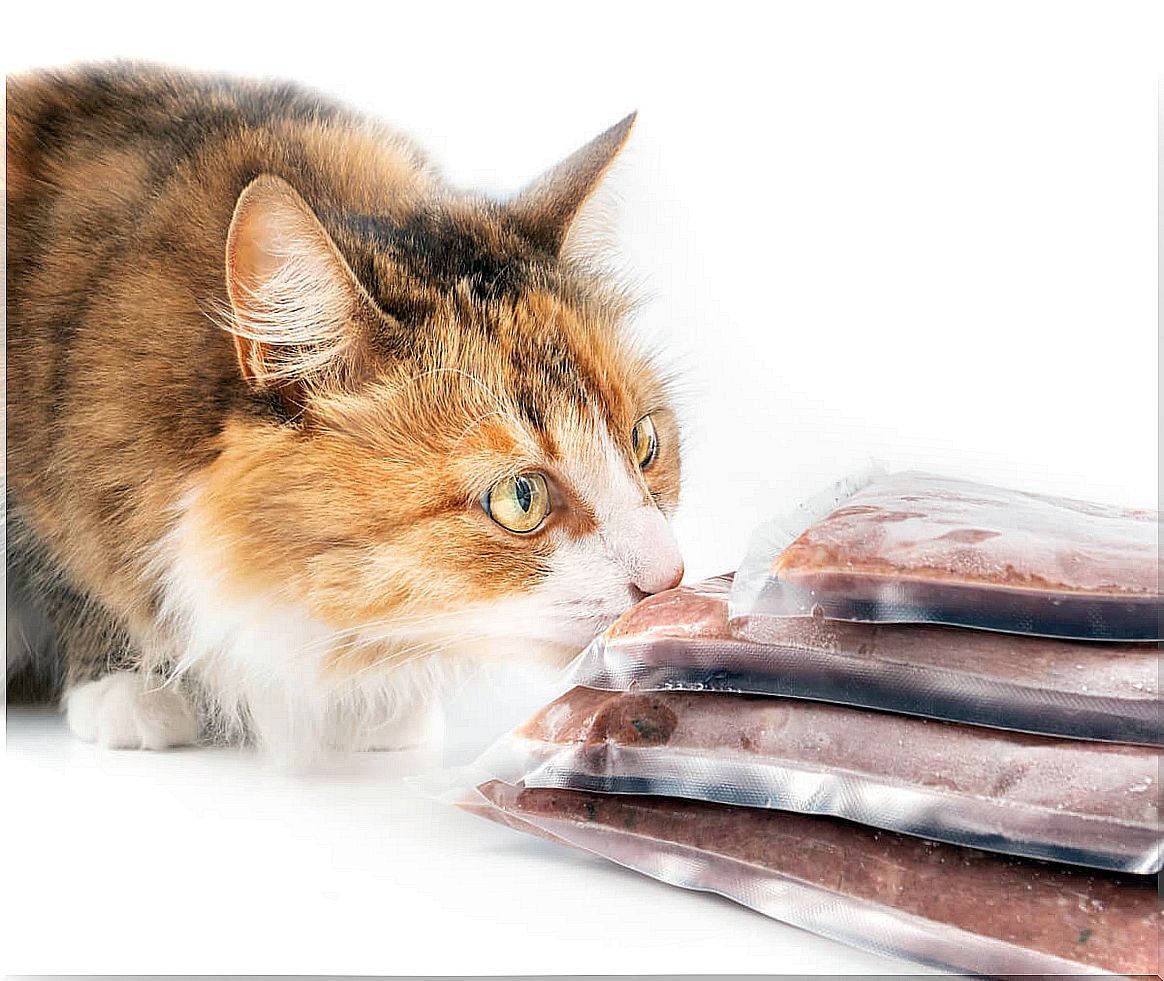
Salmonellosis in pets is a recurring reason for visiting the veterinary clinic. This pathology usually causes diarrhea, vomiting and can complicate the animal’s health if it is not acted on quickly.
Even so, and for the peace of mind of the guardians, the causes of salmonellosis in pets are varied and mostly avoidable. If you want to know how to save yourself this unpleasant drink, read on.
What is salmonellosis?
The salmonellosis is a bacterial disease, caused by bacteria of the genus Salmonella. This pathology is also common in humans. We go further, because in dogs it is considered one of the three most common bacterial diseases.
Salmonella is a genus of the Enterobacteriaceae family, with dozens of described species. Its most common habitat is the intestines of many animals, especially reptiles and birds . That is why one of the most common forms of transmission is through ingestion of feces from an infected animal or eggs.
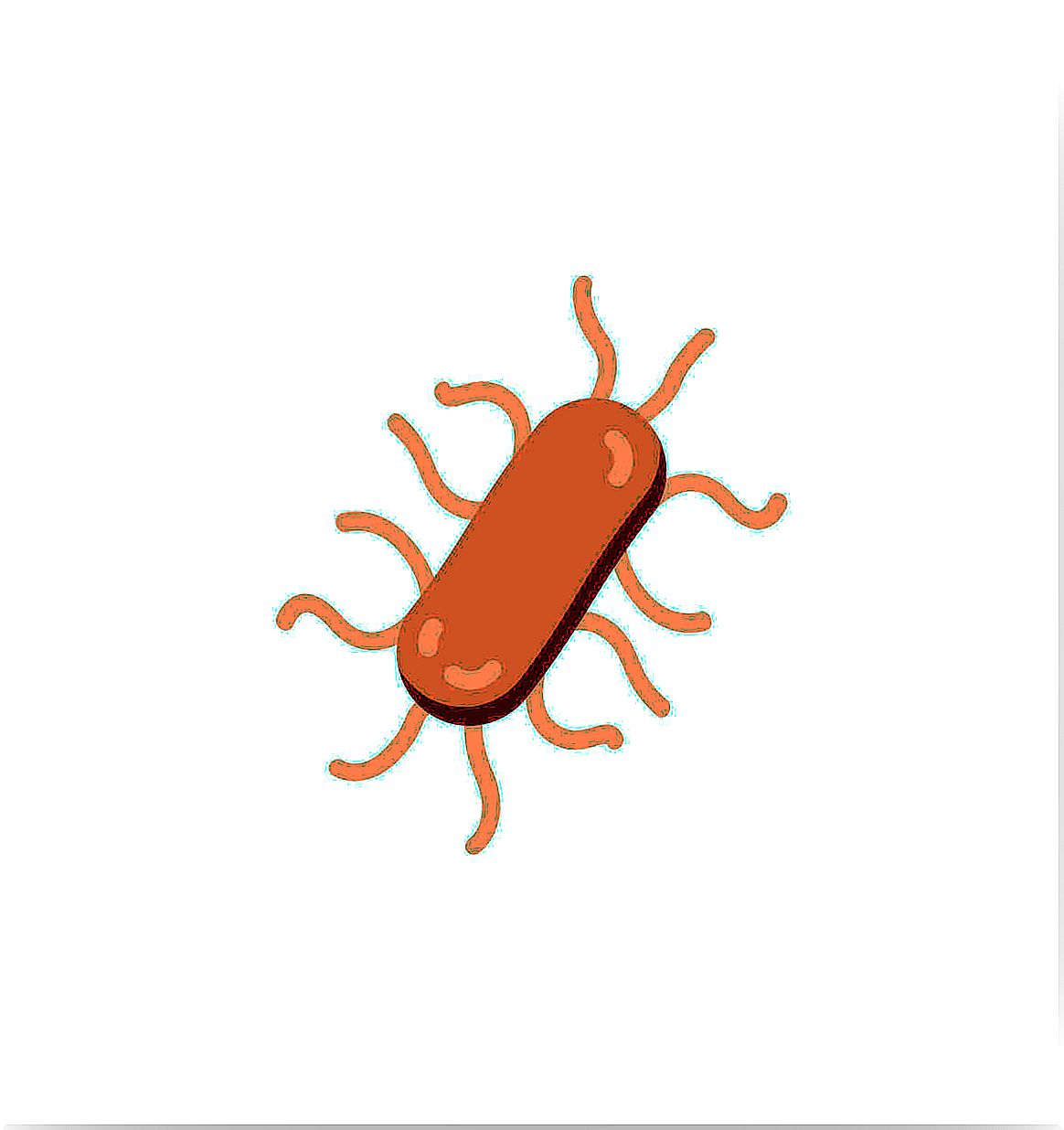
Salmonellosis symptoms
This bacterium enters animals orally and is massively divided in the intestine. In doing so, these microorganisms release toxins that are harmful to the digestive system, causing the usual symptoms of a gastrointestinal process.
In mild cases the symptoms are vomiting, fever and diarrhea. The animal is often severely dehydrated and may also appear lethargic or listless due to the disease .
Although the disease will generally be mild, it is necessary to go to the veterinarian as soon as possible to avoid complications that can result in serious failures for the animal’s body.
How is the pet infected by Salmonella?
The most common form of Salmonella infection is through the consumption of raw or undercooked meat. Bacteria can normally contaminate meat that is not refrigerated properly. If this meat is cooked so that there are no raw parts left, the heat will destroy the possible pathogens.
Also, recalled or expired foods can be a source of infection. As we have seen, it is essential to control the origin of the food that is provided to the pet.
Another very important source of infection is the feces and excretions of infected animals. The intestines of reptiles (lizards and turtles) are important reservoirs for Salmonella . Also birds are prone to harbor this bacteria inside.
It is important to know that the proliferation of Salmonella is more common in animals with weak immune systems, such as young or very old pets.
Can the pet transmit salmonellosis?
Although we should not be alarmed or worried excessively, it is necessary to know that salmonellosis is a disease considered zoonotic. This means that it can be transmitted from animals to humans. One possible way of contagion is through the salivation of, for example, the house dog.
Therefore, if it is suspected or certain that the pet suffers from salmonellosis, hygiene measures must be taken to avoid possible infections in the family nucleus.
How to avoid salmonellosis in pets?
Salmonellosis disease can pose a threat to the pet’s health. To avoid it, a series of indications can be followed :
- Avoid feeding your pet raw meat.
- Keep feeders and drinkers clean to prevent them from becoming a source of infection.
- Properly store pet food, especially during the summer months.
- If you have several pets, avoid that they come into contact with the excrement of the others, especially if they are lizards, birds or turtles.
- In general, maintain adequate hygiene conditions in the feeding of companion animals.
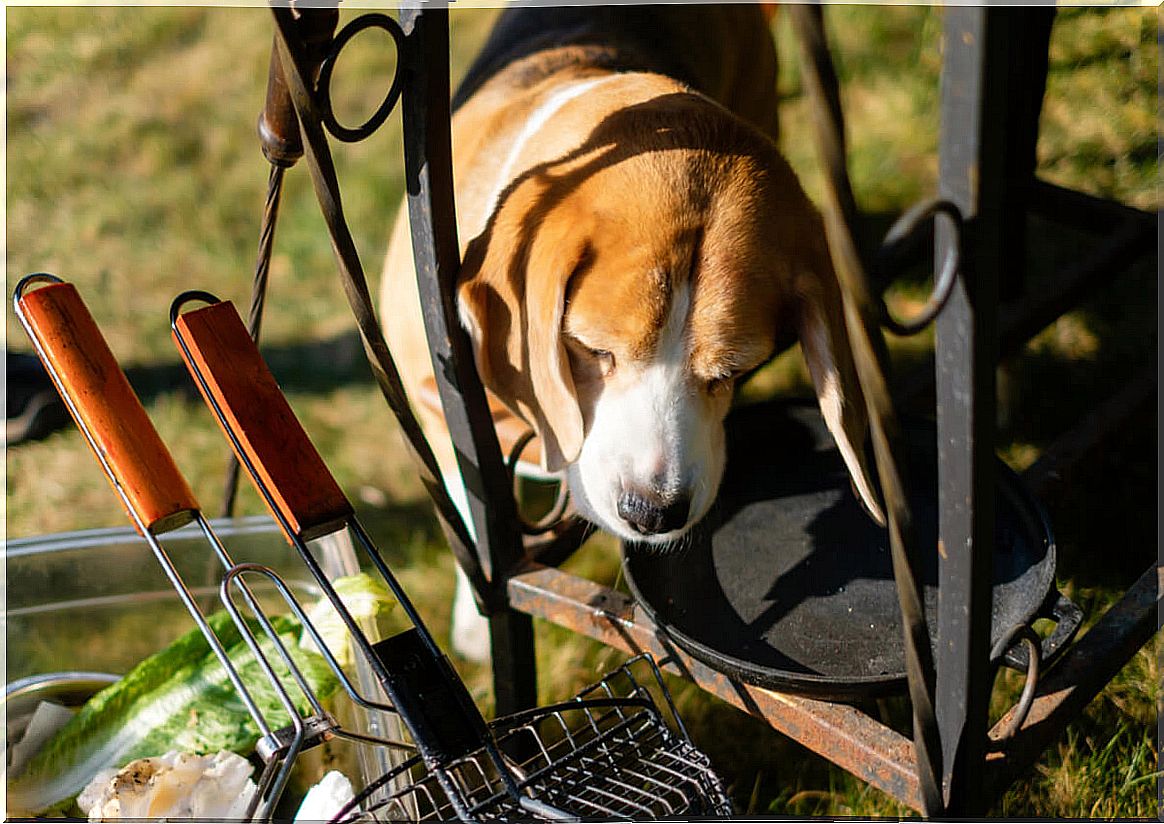
In conclusion, it is important to know the ways in which the pet can be infected by salmonellosis to, as far as possible, avoid infection . If unfortunately it does, it is important to recognize the symptoms and go to the vet as soon as possible.


